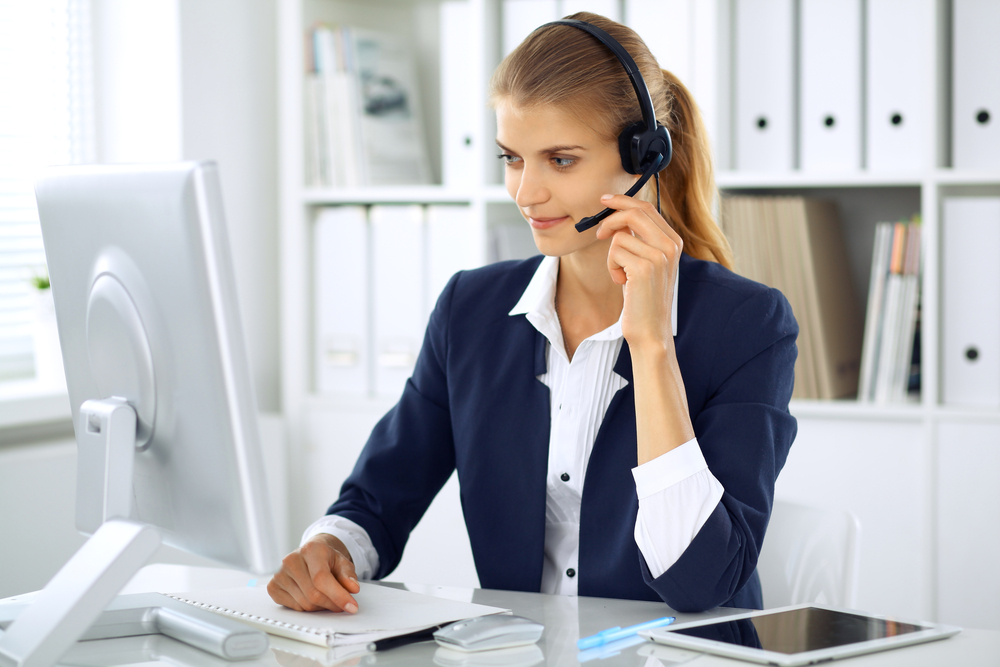Comprehensive Guide to Choosing the Right Customer Service Training Strategies
Discover effective customer service training strategies to elevate your team's skills, improve customer satisfaction, and drive business growth. Learn about role-playing, seminars, workshops, call monitoring, and more in this detailed guide to selecting the best training methods.

Comprehensive Guide to Choosing the Right Customer Service Training Strategies
In today’s competitive marketplace, exceptional customer service is the cornerstone of business growth and success. One of the most effective ways to ensure your team delivers outstanding service is through continuous, targeted training programs. These programs not only enhance the skills of your customer service representatives but also foster a culture of professionalism, empathy, and efficiency. The challenge for many organizations lies in selecting the most suitable training methods that align with their objectives, workforce, and industry demands. This comprehensive guide explores a multitude of proven strategies to help you develop a highly competent customer service team that can consistently meet and exceed customer expectations.
Role-Playing Simulations
Role-playing remains one of the most impactful training techniques in customer service development. This method involves employees practicing real-life scenarios where they interact with colleagues acting as customers. Through these simulations, staff learn to handle diverse situations, from resolving complaints to upselling products. The interactive nature of role-playing helps improve communication skills, boosts confidence, and fosters empathy by allowing employees to experience customer perspectives firsthand. Regular role-playing sessions can be tailored to specific industry challenges, making them a versatile tool for ongoing training.
Industry Seminars and Conferences
Attending industry seminars and conferences keeps your customer service team abreast of the latest trends, technologies, and customer engagement strategies. These events often feature expert speakers, panel discussions, and workshops that cover critical topics such as active listening, emotional intelligence, and handling difficult customers. Participating in these sessions not only enriches employees’ knowledge but also provides networking opportunities with peers, enabling the exchange of best practices. Incorporating insights from seminars into your training programs ensures your team remains competitive and innovative.
Hands-On Workshops
Workshops are interactive training sessions that focus on specific skills or product knowledge relevant to your business. Conducted internally or facilitated by industry specialists, these sessions emphasize practical application and real-world scenario training. Workshops help employees deepen their understanding of company offerings, improve sales techniques, and learn new customer engagement tactics. They also foster team collaboration and problem-solving skills, vital for creating a cohesive customer service experience.
Call Monitoring and Performance Review
Regular call monitoring involves supervisors listening to employee-customer interactions to identify strengths and areas for improvement. Constructive feedback provided during performance reviews helps employees refine their communication skills, resolve issues more effectively, and enhance customer satisfaction. This ongoing process promotes accountability and encourages continuous improvement. Technology solutions like recorded calls analytics can augment this approach, providing data-driven insights for targeted training initiatives.
Customer Satisfaction Surveys and Feedback Analysis
Post-interaction customer surveys offer valuable insights into service quality. Analyzing customer comments and ratings helps identify common pain points and areas needing improvement. This feedback loop allows companies to adjust training programs dynamically, ensuring that employee development aligns with customer expectations. Regularly reviewing survey data empowers organizations to make data-driven decisions that improve overall service quality, enhance customer loyalty, and increase retention rates.





